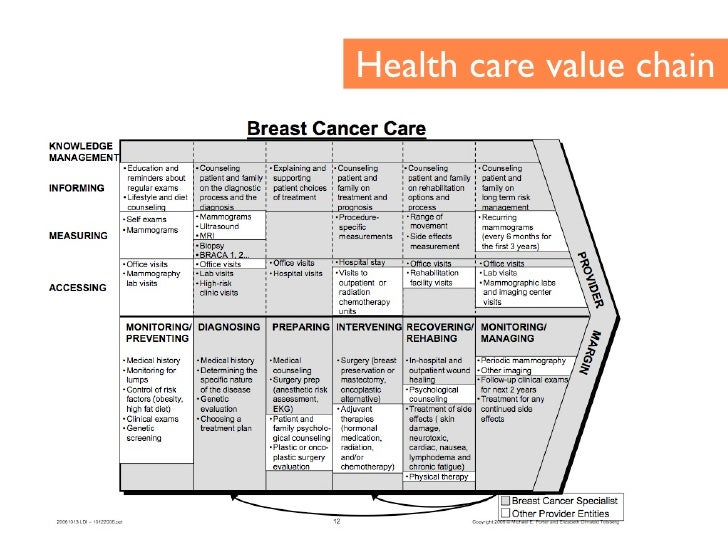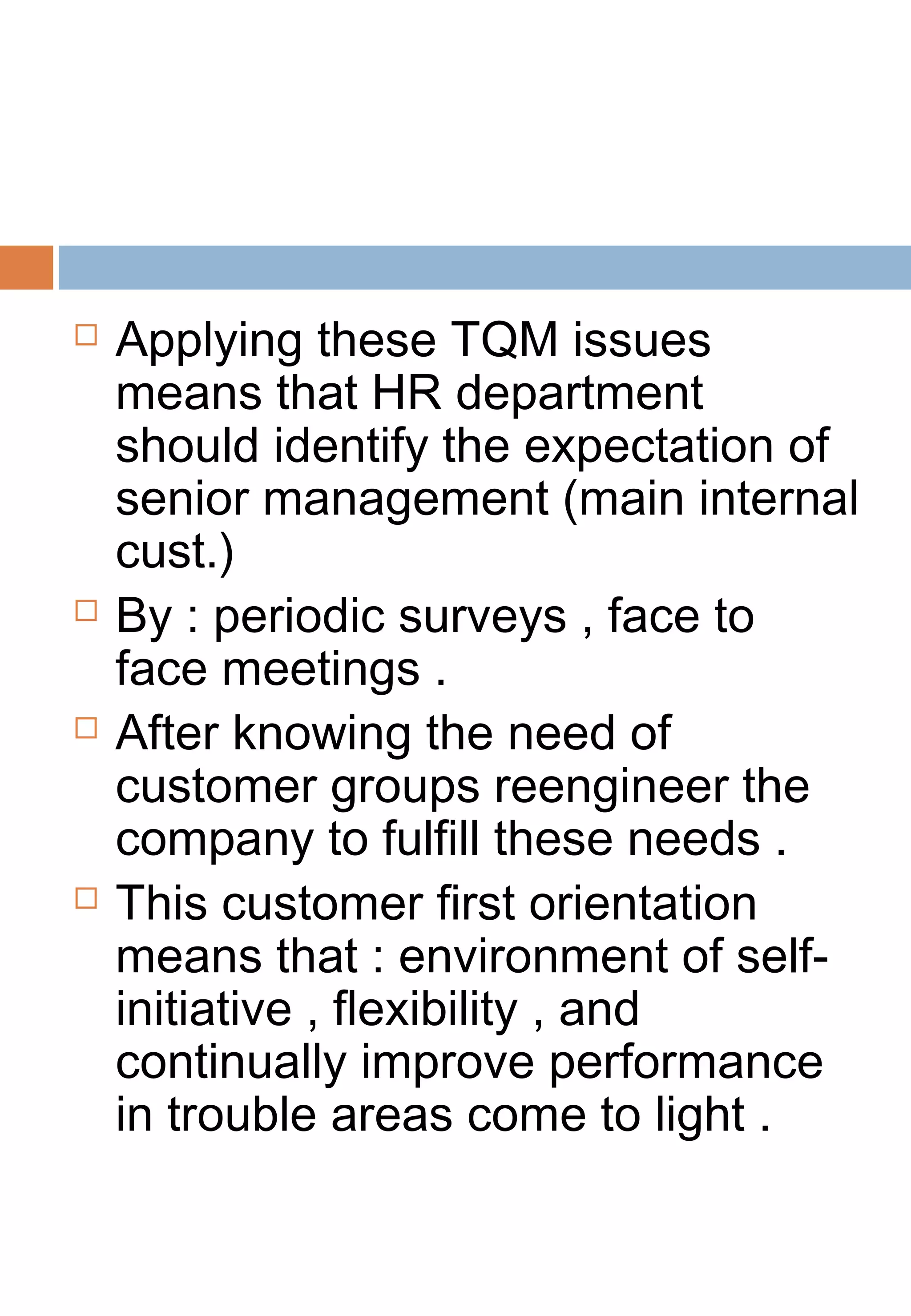Rethinking Middle Management: Their Value In Modern Business

Table of Contents
The Evolving Role of Middle Management
The traditional image of a middle manager as a purely directive, command-and-control figure is outdated. Today's successful middle managers are adapting to a new reality.
From Command and Control to Collaboration and Mentorship
Middle managers are shifting from a purely directive role to one that emphasizes collaboration, mentorship, and empowering their teams. This transformative shift requires a new skillset and mindset.
- Fostering Collaboration: Successful middle managers create a culture of open communication and teamwork, encouraging the free exchange of ideas and collaborative problem-solving.
- Mentorship and Development: They actively participate in developing their team members' skills and careers, providing guidance, feedback, and opportunities for growth. This might involve implementing mentorship programs or sponsoring employees for training.
- Empowering Teams: Instead of micromanaging, effective middle managers empower their teams by delegating responsibility, providing the necessary resources, and trusting them to deliver results. This fosters ownership and boosts morale.
- Improved Communication: They act as a crucial link, ensuring information flows effectively both up and down the organizational hierarchy. This includes actively soliciting feedback from team members and conveying it to upper management.
Bridging the Gap Between Leadership and Employees
Middle management forms a critical bridge, translating the strategic vision of upper management into actionable plans for front-line teams. They also act as a vital feedback loop, ensuring alignment and addressing concerns.
- Strategic Alignment: Middle managers break down complex strategic goals into smaller, manageable tasks, making them understandable and achievable for their teams.
- Feedback Mechanism: They gather feedback from employees on processes, challenges, and opportunities for improvement, ensuring the strategic direction remains relevant and effective.
- Performance Monitoring: They monitor team performance against established goals, identifying potential roadblocks and implementing corrective actions. This data informs both upper management and individual team members.
- Promoting Organizational Goals: They effectively communicate organizational goals and ensure that team efforts are aligned with the overall company strategy, fostering a sense of shared purpose.
The Value Proposition of Effective Middle Management
Investing in effective middle management yields significant returns in various areas, including employee engagement, productivity, and strategic execution.
Increased Employee Engagement and Retention
Strong middle management directly impacts employee engagement and retention. A supportive environment and opportunities for growth are key drivers of employee loyalty.
- Supportive Work Environment: Effective middle managers cultivate a positive and inclusive work environment, fostering a sense of belonging and camaraderie among team members.
- Career Development: They actively support employees’ career progression by providing opportunities for training, mentoring, and advancement.
- Improved Morale: A supportive manager can dramatically improve morale, leading to increased productivity and a more positive work culture.
- Reduced Turnover: By investing in their employees, middle managers contribute to reduced staff turnover, saving the company significant costs associated with recruitment and training.
Improved Productivity and Efficiency
Effective middle managers optimize workflows, delegate tasks effectively, and proactively address bottlenecks, leading to significant improvements in productivity and efficiency.
- Workflow Optimization: They streamline processes and eliminate redundancies, ensuring smooth and efficient operations.
- Effective Delegation: They delegate tasks appropriately, empowering team members and optimizing resource allocation.
- Proactive Problem Solving: They anticipate and address potential issues before they escalate, preventing disruptions and delays.
- Improved Team Performance: By fostering a culture of collaboration and accountability, they improve overall team performance and output.
Driving Strategic Initiatives
Middle managers are essential for translating strategic initiatives into tangible results. They provide the crucial link between high-level strategy and on-the-ground execution.
- Strategic Implementation: They develop and implement action plans to achieve the strategic objectives set by upper management.
- Goal Setting and Tracking: They set clear, measurable goals for their teams and regularly monitor progress, making adjustments as needed.
- Resource Allocation: They effectively allocate resources to ensure that teams have what they need to succeed.
- Reporting and Communication: They provide regular updates to upper management on progress toward strategic goals.
Modernizing Middle Management: Skills and Training
To thrive in today's business environment, middle managers need specific skills and ongoing training.
Adaptability and Innovation
Middle managers must embrace change and drive innovation within their teams. This requires a proactive approach to learning and development.
- Embracing Change: They must be comfortable adapting to new technologies, methodologies, and market conditions.
- Promoting Innovation: They should encourage creative problem-solving and foster a culture of experimentation and continuous improvement.
- Technology Adoption: They need to be proficient in using relevant technologies and tools to improve team efficiency and communication.
- Agile Methodologies: Familiarity with agile project management techniques can enhance adaptability and responsiveness to change.
Data-Driven Decision Making
Data analysis skills are crucial for effective middle management. The ability to interpret data and make informed decisions is essential for optimizing performance.
- Performance Monitoring: They utilize data analytics to track team performance against key performance indicators (KPIs).
- Identifying Areas for Improvement: Data analysis helps identify bottlenecks and areas needing improvement, enabling targeted interventions.
- Informed Decision-Making: Data-driven insights support more effective and strategic decision-making.
- Data Visualization: The ability to present data in a clear and concise manner is crucial for communicating insights to team members and upper management.
Leadership and Communication Training
Ongoing leadership and communication training is essential for developing the skills needed to effectively manage and motivate teams.
- Communication Skills: Strong communication skills are crucial for fostering collaboration, providing feedback, and resolving conflicts.
- Conflict Resolution: They need skills in conflict resolution to address disagreements and maintain a positive team dynamic.
- Motivation Techniques: Understanding effective motivation strategies helps them engage and inspire their teams.
- Emotional Intelligence: Developing emotional intelligence improves their ability to understand and manage their own emotions and those of their team members.
Conclusion
Rethinking the role of middle management reveals their continued importance in today's dynamic business landscape. By embracing collaboration, mentorship, and data-driven decision-making, middle managers can significantly contribute to increased employee engagement, enhanced productivity, and the successful implementation of strategic goals. Investing in the development and training of effective middle managers is a crucial step in building a high-performing and resilient organization. Don't underestimate the value of effective middle management – it's time to rethink their role and maximize their contribution to your business success. Start investing in your middle management team today, and watch your business thrive.

Featured Posts
-
 Professional Hair And Tattoo Styling Inspired By Ariana Grandes Transformation
Apr 27, 2025
Professional Hair And Tattoo Styling Inspired By Ariana Grandes Transformation
Apr 27, 2025 -
 La Garantia De Exito De Alberto Ardila Olivares
Apr 27, 2025
La Garantia De Exito De Alberto Ardila Olivares
Apr 27, 2025 -
 The Crucial Role Of Middle Management In Organizational Effectiveness
Apr 27, 2025
The Crucial Role Of Middle Management In Organizational Effectiveness
Apr 27, 2025 -
 Wta 1000 Dubai Analisis De La Eliminacion De Paolini Y Pegula
Apr 27, 2025
Wta 1000 Dubai Analisis De La Eliminacion De Paolini Y Pegula
Apr 27, 2025 -
 Belinda Bencic Claims First Wta Win After Motherhood
Apr 27, 2025
Belinda Bencic Claims First Wta Win After Motherhood
Apr 27, 2025
Latest Posts
-
 Watch Blue Jays Vs Yankees Live Free Mlb Spring Training Stream March 7 2025
Apr 28, 2025
Watch Blue Jays Vs Yankees Live Free Mlb Spring Training Stream March 7 2025
Apr 28, 2025 -
 Mlb Spring Training Blue Jays Vs Yankees Live Stream Free Options And Tv Schedule March 7 2025
Apr 28, 2025
Mlb Spring Training Blue Jays Vs Yankees Live Stream Free Options And Tv Schedule March 7 2025
Apr 28, 2025 -
 Where To Watch Blue Jays Vs Yankees Mlb Spring Training Game March 7 2025
Apr 28, 2025
Where To Watch Blue Jays Vs Yankees Mlb Spring Training Game March 7 2025
Apr 28, 2025 -
 Blue Jays Vs Yankees Spring Training Free Live Stream Time And Channel Info
Apr 28, 2025
Blue Jays Vs Yankees Spring Training Free Live Stream Time And Channel Info
Apr 28, 2025 -
 Blue Jays Vs Yankees Live Stream March 7 2025 Watch Mlb Spring Training Free
Apr 28, 2025
Blue Jays Vs Yankees Live Stream March 7 2025 Watch Mlb Spring Training Free
Apr 28, 2025
